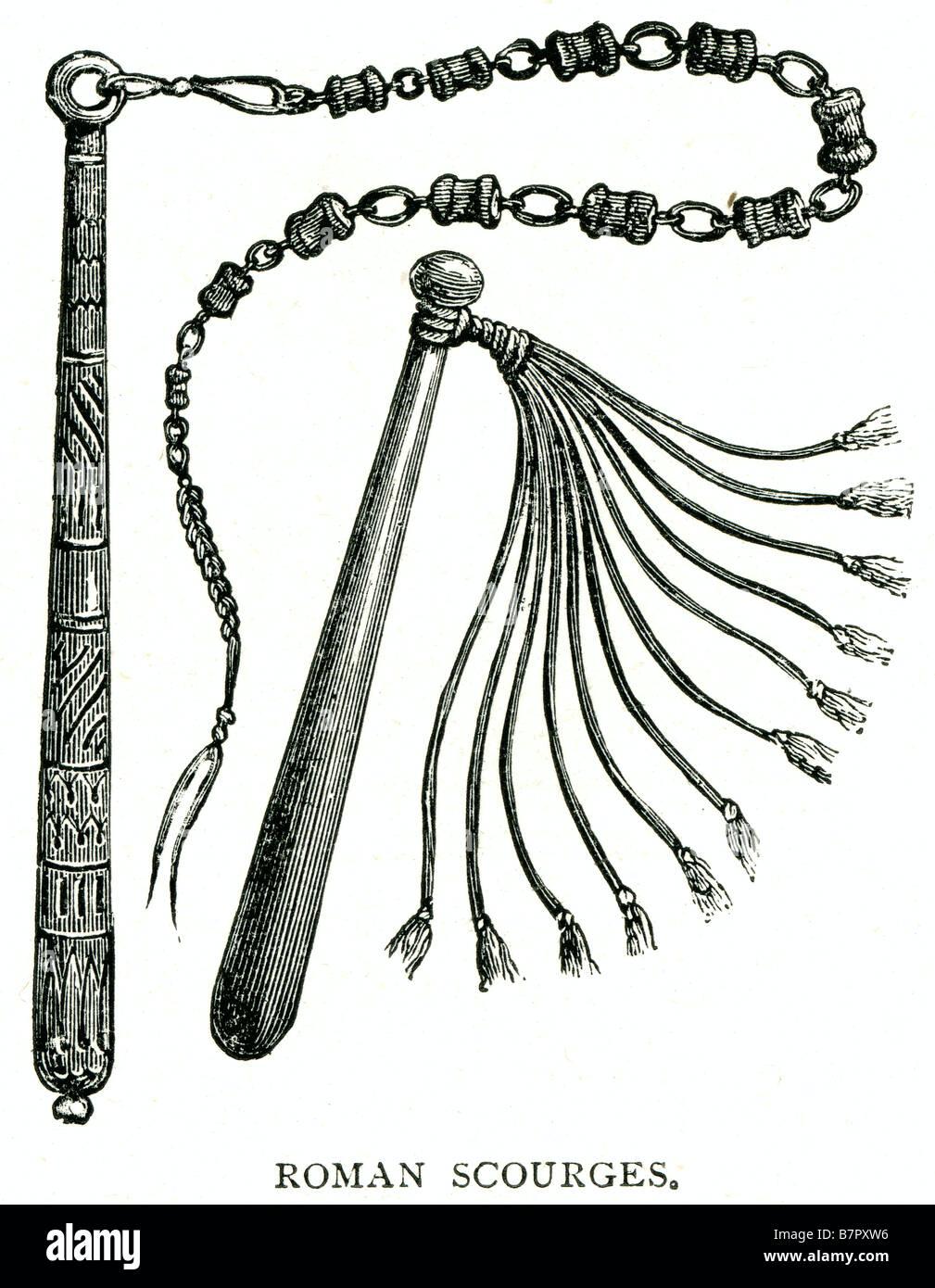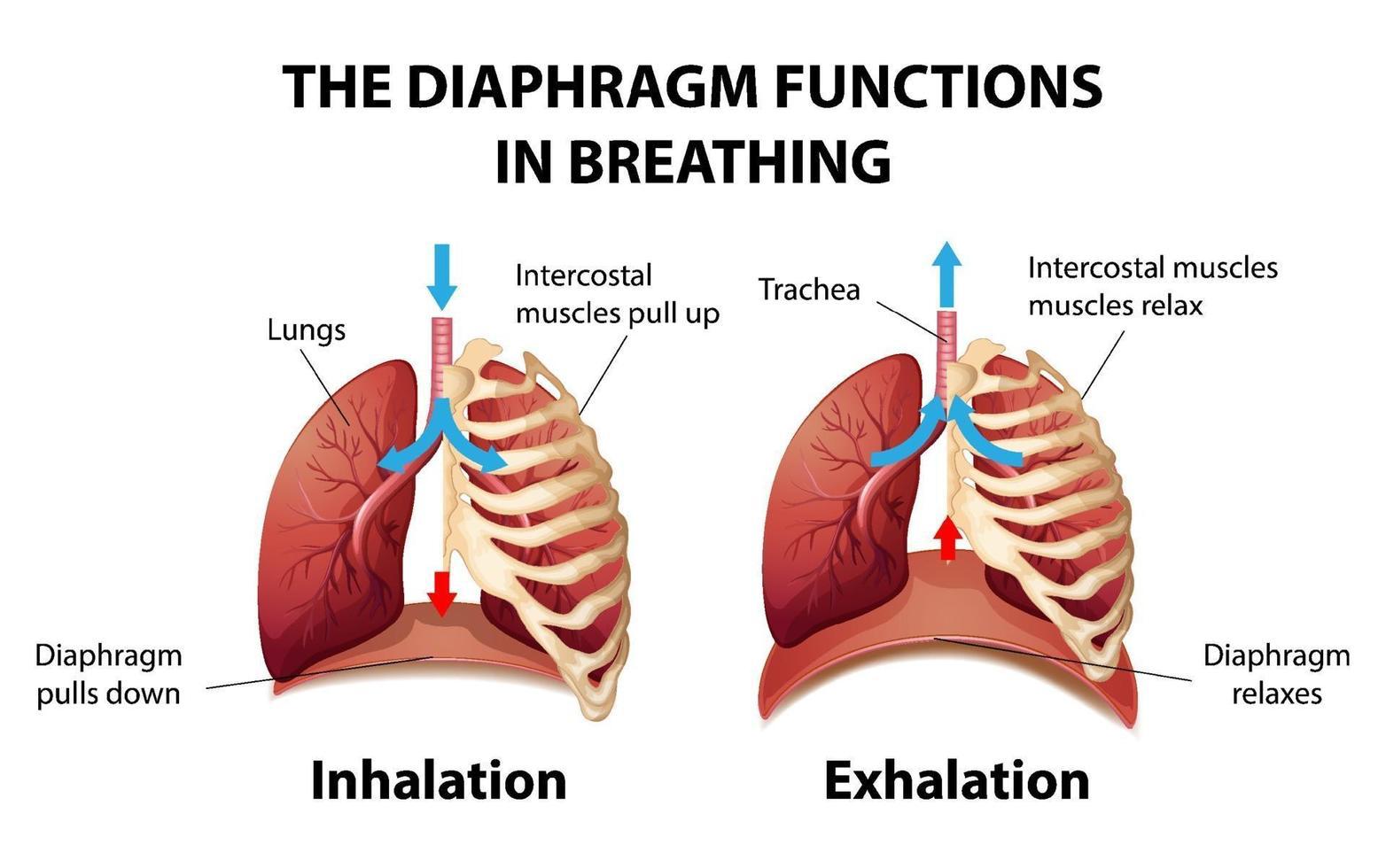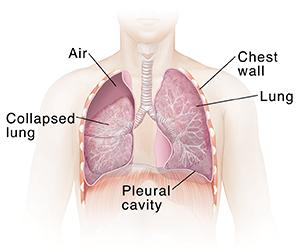SACRIFICE
 BY: ELISABETH C. TUNSTALL
BY: ELISABETH C. TUNSTALL
TIME TO PICK UP YOUR CROSS!

 BY: ELISABETH C. TUNSTALL
BY: ELISABETH C. TUNSTALL
TIME TO PICK UP YOUR CROSS!
Sacrifice for God while it is still today. For it is better to sacrifice now, knowing that you will one day gain enteral life. It is better to obey and fear the judgement of God rather than to disobey and fear the judgement of man, (Matthew 10: 28). When we decide to walk the path of righteousness, we pick up the cross of Christ and henceforth take part in His suffering. We must do this before we take part in His glory. As Paul stated in Romans 8: 18, “For I reckon that the sufferings of this present time are not worthy to be compared with the glory which shall be revealed in us.” We of course know that Christ sacrificed His life and was buried in the ground for three days and
three nights before His resurrection. We must sacrifice and bury the old man and be reborn unto perfection, ridding ourselves of any ways that are contrary to the law, (Romans 6: 6-11). This is no easy endeavor. This requires sacrifice, which is hard and painful. Let’s define what a sacrifice is: “an act of giving up something valued for the sake of something else regarded as more important or worthy; to

suffer loss of, give up, renounce, injure, or destroy especially for an ideal or belief. We believe in the keeping of God’s laws, knowing that one day we will overcome sin and death as Christ our Savior did.

Jesus is always our example. When He was born in the flesh, He was subject to temptations as we are. He struggled with the same emotions that we do, yet He did no sin. And being free from sin, it was He that was chosen to die for all of our sins. This is why we need to understand in depth what Christ went through when He was killed.
As we know, Christ was crucified. This was a very long and gruesome death. Crucifixion was a form of capital punishment in which the victim was tied or nailed to a wooden beam or cross and left to hang for hours or sometimes days until eventual death. Christ walked this earth during the Roman Empire. The Romans were notorious for using crucifixion as a method of punishment to increase social conformity, often targeting slaves, political activists, foreigners and Christians.
Before the crucifixion, Christ was abused and tortured, (Mark 15: 15-20). The band of a soldiers stripped Christ of His garments and scourged Him. To scourge a victim before crucifixion was said to be a part of Roman Law. The scourging alone could cause death. An individual’s flesh would be completely exposed. They would then be tied and bound to a scourging post with no

ability to move or escape. The scourge or whip consisted of a short wooden handle with leather strips often with sharp pieces of metal, fragments of bone or glass attached. The scourge would tear deeply into the victim’s flesh revealing muscle and sometimes bone, resulting in a significant loss of blood.

They also made a crown of thorns for Him. A thorn is a stiff, sharp-pointed, straight or curved woody projection on the stem or other part of a plant. When they put the crown of thorns on His head, it was not done with ease. It was

likely pushed down with great force so that the thorns would pierce His skin and cause His head to bleed.
The abuse did not end there. They put a robe on Christ and placed a reed in His hand to mock and shame Him, shouting “Hail to the King of Jews.” The soldiers spat at Him, struck Him with their hands and hit Him in the head with the reed. A reed is a tall, slender-leaved plant of the

grass family with a hollow stalk that grows in water or on marshy ground. In ancient days, a reed could be used to make walking sticks, pipes or musical instruments. So this reed caused pain and injury to Christ as well.
When it was time for Jesus to be crucified He was already very weak and tired from being beaten bloody. They found a man named Simon of Cyrene to bear the cross for Christ. The soldiers led Jesus to a place called Golgatha, which is interpreted as a place of a skull. On the third hour they began to crucify Him,
which was approximately 9:00am, (Mark 15: 25). With Him were crucified two thieves, one on His left side and the other on His right side, (Mark 15: 27).
So what happens when a person is crucified? The person’s hands and/or wrists as well as feet are either tied and/or nailed to the cross. When the cross is held upright, the weight of the person’s body pulls on their upper limbs and can cause their elbows and shoulders to be dislocated. If nails were used it would cause damage and sever major nerves to the hands and feet, causing continuous and excruciating pain. When a victim hangs on a cross their weight also pulls the diaphragm down. Now a diaphragm is a dome shape muscle that separates your chest from your abdomen. It aides in your ability to breathe. When you breathe in or inhale it tightens and pushes down to allow air to fill your lungs. As you breathe out or exhale, it relaxes and pushes back up to help the lungs push air out. This process comes automatic to us and is necessary for our bodies to live. However, a person on a crucifix may be able to inhale due to the diaphragm being pulled down but they having difficulty exhaling. In order to exhale, the victim would have to periodically push themselves up with their legs, bearing weight through their feet that were nailed. This of course was very painful and the longer a person was on the cross the more difficult this became to do. Inability to

fully exhale is basically a form of slow suffocation. This subsequently causes decreased oxygen, which damages

the tissues in the body and leads to a build up of fluid around the heart and lungs. So the person’s lungs ultimately collapse, their heart fails, they are dehydrated and suffer substantial blood loss or exsanguination.
Now consider this, our Lord and Savior had to go through all this and more. He was on the cross for 6 hours before He died, which was at the 9th hour or around 3pm, (Matthew 27 46-50). Now because it was preparation for the Feast of Passover the Jews did not want to leave the bodies on the cross. So to hasten victim’s death, the soldiers broke the legs of the two thieves

but when they came to brake Christ’s legs, they saw He was already dead, (John 19: 31-34). The soldier then pierced His side and blood and water came forth and spilled to the ground. This blood brought forth the free gift of grace, giving us all the opportunity to overcome sin and death like our Savior, (Romans 5: 15). There was no greater sacrifice than the sacrifice Jesus offered for all of children.
To read about the crucifixion and details of Christ’s death is very disturbing to say the least. It should be in order to compel you to do all you can to serve the Lord, even in the face of pain, difficulty or strife. Just as Christ was scourged and just as He bled, we too have to be scourged and we to have to bleed. Perhaps not literally, as with many of our forefathers. But because of our belief and conviction in God, we have to sacrifice the desires of the flesh and put the need of the spirit first.
So what does that mean? For the sake of the truth, you might have to lose out on a career opportunity that would have been very lucrative. Worst than that, you might find yourself unemployed because you refused to work on the Sabbath. Maybe you are at odds with family members and find relationships strained because you won’t participate in holidays like Christmas or Easter that they hold so dear. Our beliefs my create distance or conflict with an unbelieving spouse, leading to even divorce. We might have to cut ties with a close friend because of the negative influence they bring into our lives. Do any of these sound
familiar to you? These are a just a few examples of sacrifices you have to make and they are not even the worst. We know that there were saints who actually died for the sake of the truth. And to be quite frank, knowing all that Jesus went through, makes what we face seem quite minuscule in nature.
None the less, we feel varying levels of pain and difficulty when making sacrifices. There is a reason Christ said in Matthew 18: 8-9, “Wherefore if thy hand or thy foot offend thee, cut them off, and cast them from thee: it is better for thee to enter into life halt or maimed, rather than having two hands or two feet to be cast into everlasting fire. And if thine eye offend thee, pluck it out, and cast it from thee: it is better for thee to enter into life with one eye, rather than having two eyes to be cast into hell fire.” Figuratively speaking, your eye, hand or foot represents someone or something that is very important to you or has great value to you. So to remove it from your life will cause you great pain but it is better to do this for sake of your salvation.
God should always be number one. In the Royal Law it states, “Hear, O Israel; The Lord our God is one Lord: And thou shalt love the Lord thy God with all thy heart, and with all thy soul, and with all thy mind, and with all thy strength: this is the first commandment. And the second is like, namely this, Thou shalt love thy neighbour as thyself. There is none other commandment greater than these,
(Mark 12: 29-31).
Note in this scripture, that the love of God comes before the love of our neighbor. You must understand that it is more important to please God than to please the sons of men. The second commandment, the love of our neighbor, in no way supplants the first commandment. God warns us of this in Mark 10: 37, “He that loveth father or mother more than me is not worthy of me: and he that loveth son or daughter more than me is not worthy of me. If you have to choose between obeying God vs. obeying man, you should always choose God. That is always the correct answer. That is always the right thing to do. Because we are subject to the the sons of men, we will be persecuted for serving God. That, brothers and sisters, is part of making a sacrifice.
Our Lord and Savior, commands us to pick up our cross and walk. He commands us to sacrifice our life of sin that we might find life eternal. In Mark 10: 38 -39, “And he that taketh not his cross, and followeth after me, is not worthy of me. He that findeth his life shall lose it: and he that loseth his life for my sake shall find it.” So brothers and sisters, let us work hard, let us toil and let us sacrifice. I end this lesson with a lyric from one of my favorite songs, “I take now the cross of Christ and later the tree of life, ‘cause I’m working hard for the Lord,” (I’m Working Hard for the LordWritten By: Pastor Derrick Pointer). May God be with you all. Amen.